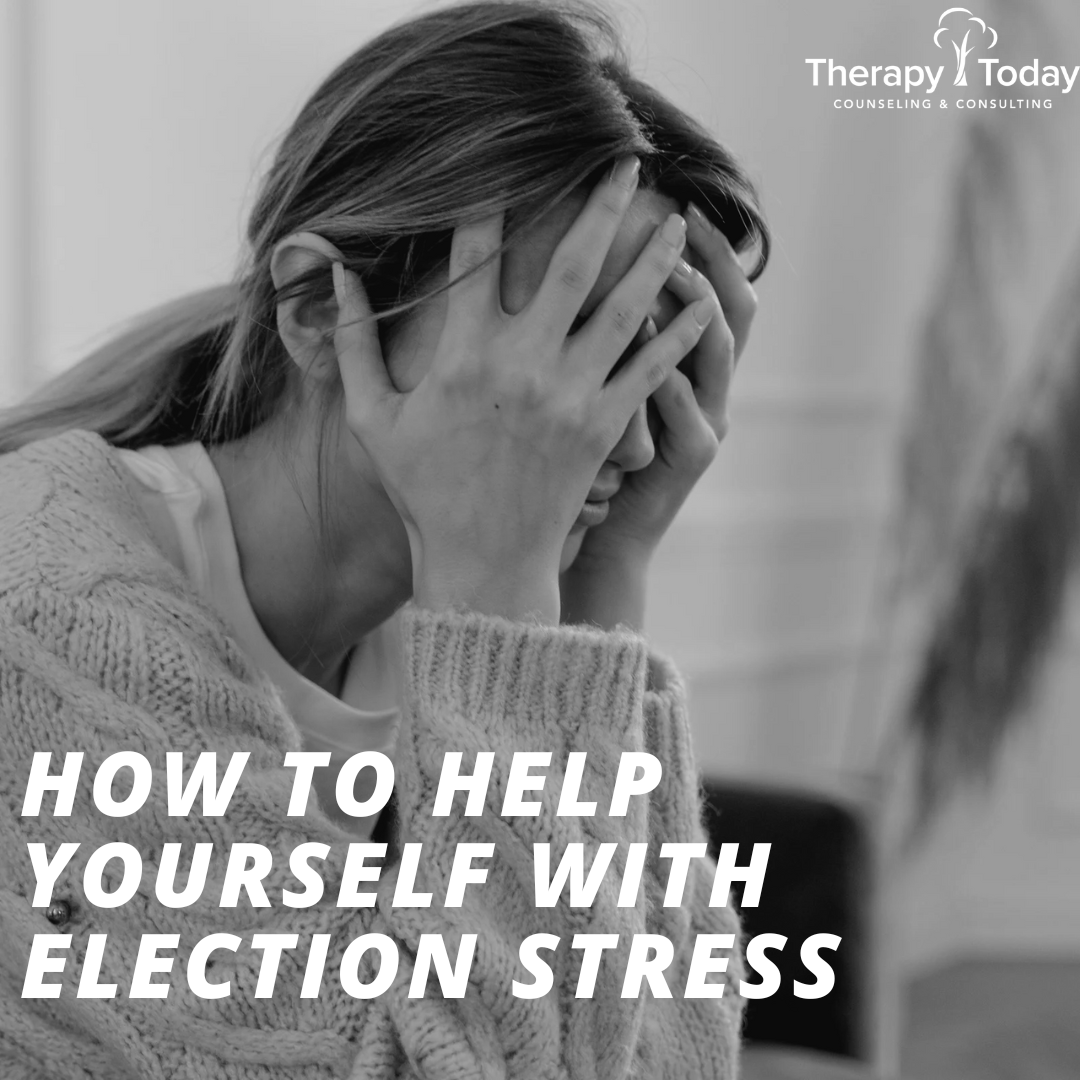Your partner comes home from work and sits on the couch while you are making dinner. You are tired from a long day. Instead of asking them to help you, you find yourself shutting down, keeping your thoughts to yourself. You would like to ask your partner for help but are not confident in your ability to say something in a way that doesn’t start a fight.
Your boss asks you to take on an additional project at work. Already feeling stressed and overwhelmed, you agree to a project you cannot reasonably afford to take on without cutting into your sleep hours. You are not sure how to share this with your boss.
If this sounds familiar and you would like to begin to find your voice and confidence within, this blog post is for you.
Have you ever wondered what is stopping you from asserting yourself?
Anger is a protective force inside of us and it functions to look out for our best interests. Though many times when we think of anger, we think of something destructive, in reality, the destructive part is acting out on the anger and not the anger itself. Anger is a three-part experience inside of us: a thought, a sensation in the body and an urge to do something to assert yourself. When you learn to allow this experience as information in the body, it is channeled into adaptive actions that are calm and effective. On the other hand, when you are fearful of anger and avoid it, you will find yourself lacking the confidence, strength and cognitive clarity to assert yourself.
Anger often makes people anxious, especially when those feelings come up toward someone we care about. Something about these mixed feelings of loving/caring and anger commonly leads to anxiety. When we are anxious, our strongest tendency is to avoid the thing that makes us anxious. Then we avoid the very thing that would help us be confident to speak up for ourselves in a loving way. Feelings of love say “be loving to the other”, where anger says “be loving to yourself”. If the feelings information is not avoided, you will do both. You will speak up for yourself in a loving way.
There are many ways we avoid experiencing the feelings that would help us assert ourselves. Here are a few:
- People pleasing: putting someone else’s wants/needs above your own when you don’t want to and just to avoid the feelings you would have if you didn’t engage in pleasing.
- Shutting down: going silent
- Self-doubting: questioning one’s own feelings
- Rationalizing: convince ourselves why we should not have the feelings we do
Feelings give us direction, like an internal GPS. Avoiding feelings leaves us lost, driving down the road without a map.
Therapy can help you reconnect with your internal GPS system, so you can find the power and confidence to assert yourself in your relationships.
Together, as a collaborative team, you and your therapist can help you become consciously aware of the ways you avoid your feelings, identify how this hurts your confidence and interferes with your ability to assert yourself. Once you are able to see the ways in which you avoid, you can begin to turn against avoidance and allow your healthy feelings. Through your work with a therapist, you will align with the healthy voice within you and enjoy confidence in your relationships. How amazing is it to know we have a GPS system of feelings working to help us resolve our problems?



